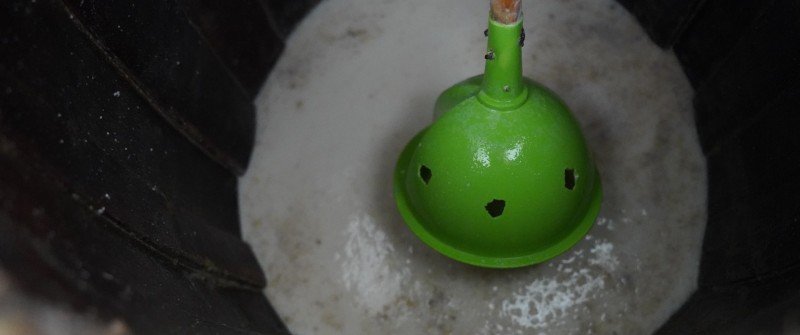Sources of Wealth: Milk, Microbes, and the Making of Heritage in Central Asian Pastoralism
Principal Investigator: Björn Reichhardt

This project investigates the use and meaning of microbial starter cultures in the context of pastoral milk fermentation through ethnographic research in rural areas of Kyrgyzstan and Mongolia.
Both Mongolia and Kyrgyzstan share longstanding histories of dairy pastoralism and are connected through manifold historical links. Sources of Wealth explores such links through the lens of multispecies anthropology and more-than-human relationship with a focus on lactic ferments. The project investigates how microbial starter cultures, termed "khöröngö" and "köröñgö" in Mongolian and Kyrgyz, respectively, contribute to the generation of diverse forms of wealth, value, and heritage in pastoral milk fermentation.
The research shows that in both countries, milk fermentation is dependent on the ecological knowledge as practiced, inherited, and cross-generationally transmitted by herder women. With that knowledge, women also share portions of their lactic ferments, often in form of yoghurt, with their daughters and daughters-in-law. That way, individual pastoral households sustain their own specific dairy ecology in a broader network of pastoral dairying.
Through practices of sharing starter cultures and dairy products made from them, khöröngö and köröñgö are embedded in and generative of biosocial wealth as well as versatile processes of growth. In fact, through ethnographic research, the project demonstrates that khöröngö and köröñgö are translated into modes of growth that range from the upbringing and education of children to commodity chains to artistic practices, to name a few.
The research shows that in both countries, milk fermentation is dependent on the ecological knowledge as practiced, inherited, and cross-generationally transmitted by herder women. With that knowledge, women also share portions of their lactic ferments, often in form of yoghurt, with their daughters and daughters-in-law. That way, individual pastoral households sustain their own specific dairy ecology in a broader network of pastoral dairying.
Through practices of sharing starter cultures and dairy products made from them, khöröngö and köröñgö are embedded in and generative of biosocial wealth as well as versatile processes of growth. In fact, through ethnographic research, the project demonstrates that khöröngö and köröñgö are translated into modes of growth that range from the upbringing and education of children to commodity chains to artistic practices, to name a few.
Funding: UNESCO Silk Roads Programme - Silk Roads Youth Research Grant; 10,000 USD
